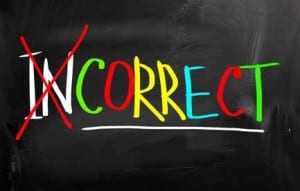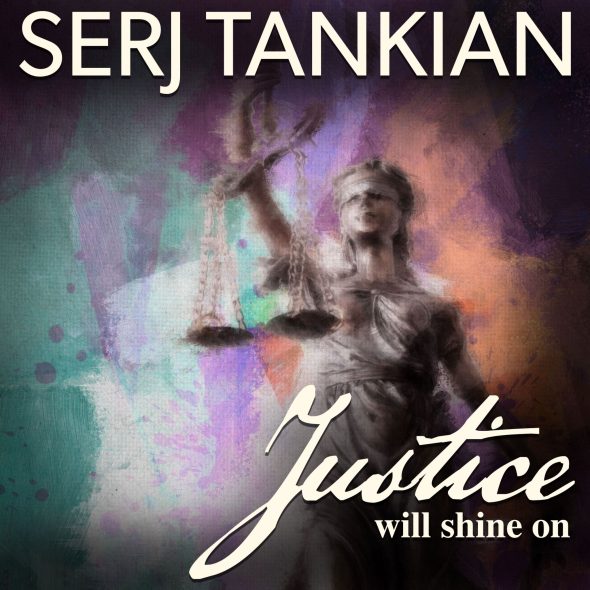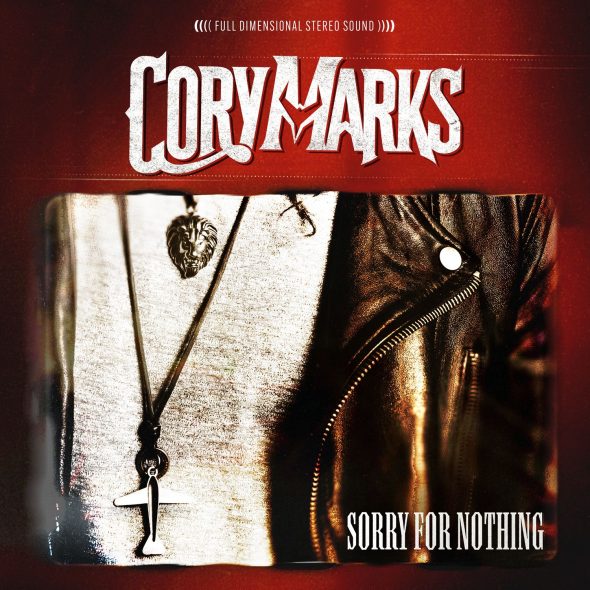Associated Press pointers
by Tamara Halbritter
Kurt Cobain once said, “I like guitars in the Fender style, because they have skinny necks.”
Style plays a big part of music, from the style of the instrument, to the musician’s personal style of playing, to how the musician dresses — all of these style choices impact the audience’s final impression.
 Having said that, when you promote your music, your lyrics and your album cover can be as avant-garde as you like, but when you submit articles to publications or marketing materials to agents, labels and even other potential collaborators, it’s in your best interest to follow a more conventional style.
Having said that, when you promote your music, your lyrics and your album cover can be as avant-garde as you like, but when you submit articles to publications or marketing materials to agents, labels and even other potential collaborators, it’s in your best interest to follow a more conventional style.
If you’re writing a news release, feature story or web content (pretty much anything you need to write for a band), try to follow the Associated Press Stylebook, which is the journalistic style that most online publications and newspapers use.
Here are five pointers about using this writing style.
1. Titles
Whether you are writing a song title or a title for an article, under “composition titles,” the AP Stylebook advises to:
- Capitalize principal words including propositions and conjunctions of four or more letters, for example, “Alternative Bands With a Live Tattoo Artist.”
- Capitalize articles or words fewer than four letters if they are the first or last word in the title, for example, “The Blue Kazoo.”
- Put quotation marks around names of titles of albums and songs, books, computer games, movies, operas, plays, poems, radio and television programs and titles of lectures, speeches and works of art.
Keep in mind that many publications use an initial capital letter only for the first word in subheads (see the style in the subhead below).
2. Quotation marks
Quotation marks may indicate a composition title, dialogue or a quote. Per AP style in titles, use single quotation marks:
A Tribute to ‘The Wall’ Album
To set apart dialogue or call the attention to slang or a particular expression, use double quotation marks. If the person you’re quoting quotes another person, the quote within the quote needs single quotation marks:
Juan said, “It was great to meet Orianthi. I read somewhere what she said about being a female guitarist. ‘It’s like being a male ballerina in a way. It’s not the norm.’”
Always place punctuation inside quotation marks, except when a dash, semicolon, question mark or exclamation point applies to the whole sentence vs. the quoted matter.
3. Commas
In a series of words or phrases, do not use a comma before the conjunction (and, or, but).
Three guitarists, a bass player, two drummers and one vocalist.
If the sentence has a series of independent clauses (each has a subject and a verb), use a comma before each conjunction.
The producer’s royalty check seemed to arrive promptly, but the artist’s check was always delayed.
4. Numbers
Spell out numbers if they start a sentence, except if the number identifies a calendar year such as 2014: “Thirty-five-thousand people crammed into the stadium.” Use written words for numbers one through nine and use numerals for numbers 10 on up. Exceptions to this rule:
- Always use numerals for percentages, use decimals not fractions if necessary and follow the numerals with the word “percent,” for example, “Meryl received 8.5 percent of the profit.”
- Use the dollar sign with numerals when talking about various sums of money: “Vlad received $2 million.”
- For hours of the day, use the numerals and periods between a.m. or p.m., for example, “8-10 p.m.” or “8 a.m. to 10 p.m.”
- Use numerals for ages: “His 4-year-old grandson couldn’t wait to play.”
5. Other style considerations
Other helpful hints include the following:
- Use a dash with a space before and after it to denote an abrupt change or for emphasis, for example, “The band will fly to New Zealand — if the label accepts the album.” (To make this type of m-dash on a PC, press “Ctrl+Alt+-” on the keyboard.)
- Use periods at the end of bulleted lists, whether they are full sentences or phrases.
- Use an apostrophe vs. open- and close-quote marks for omitted letters, such as in the phrase rock ’n’ roll.
Feel reined in by all these rules? If you care about good writing, they aren’t hard to follow and will help make your writing understandable to everyone. Then when you get on stage, you can light your amp on fire or stage dive — woo your fan base in whatever style you like.
Tamara Halbritter is a San Francisco Bay Area freelance writer and editor who develops content for music, transportation and green industries.



